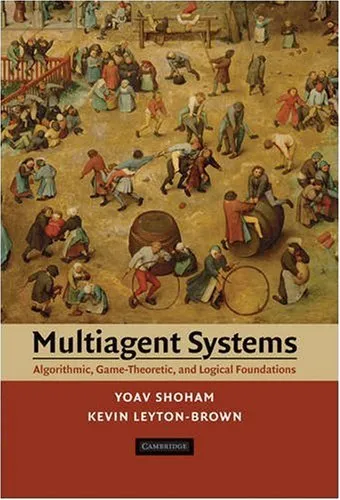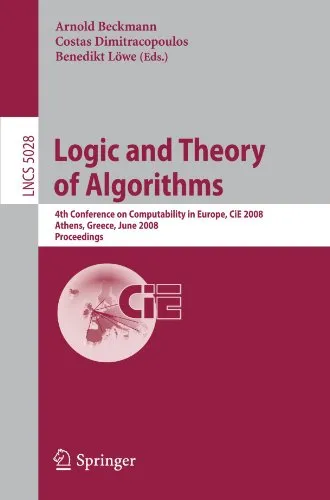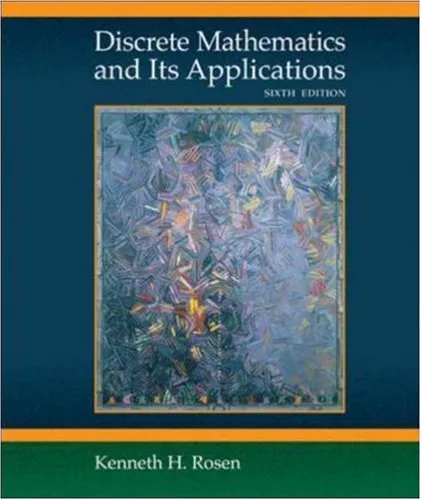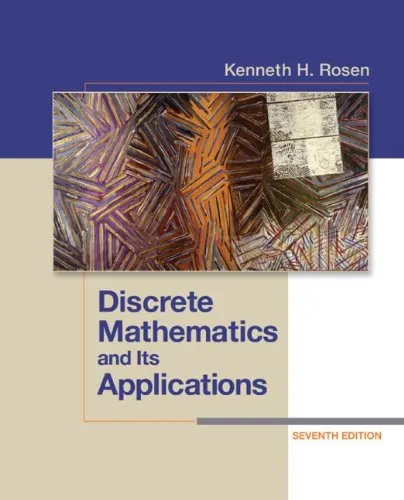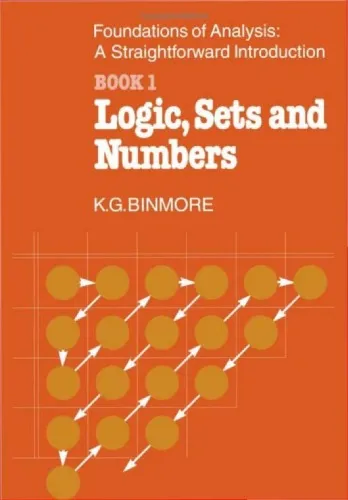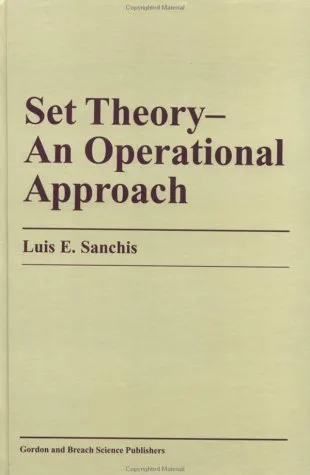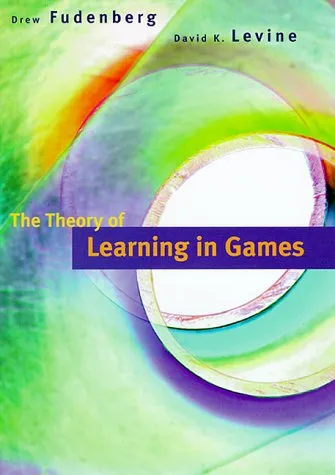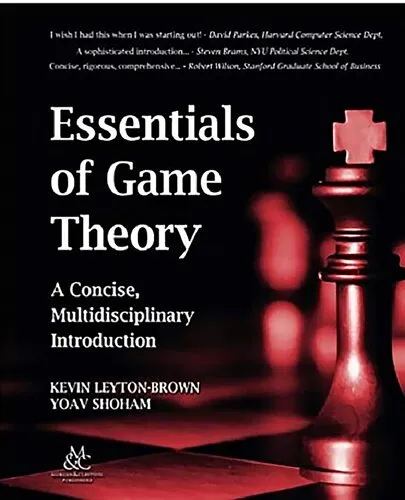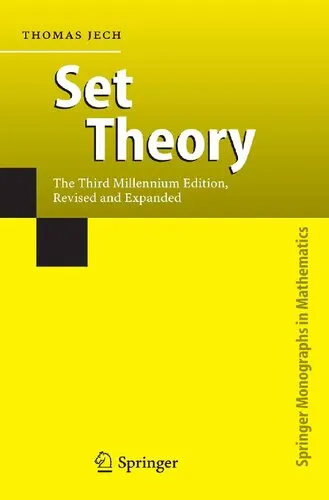Multiagent systems: algorithmic, game-theoretic, and logical foundations
4.7
Reviews from our users

You Can Ask your questions from this book's AI after Login
Each download or ask from book AI costs 2 points. To earn more free points, please visit the Points Guide Page and complete some valuable actions.Related Refrences:
Introduction to 'Multiagent Systems: Algorithmic, Game-Theoretic, and Logical Foundations'
Written by Yoav Shoham and Kevin Leyton-Brown, this seminal book serves as a comprehensive guide to the interdisciplinary field of multiagent systems. It bridges computer science, game theory, and logic, offering a deep exploration of how agents—autonomous entities that perceive and act in an environment—can be designed to reason, interact, and collaborate effectively. Whether you're a researcher, a student, or a professional, this book provides a unified introduction to the underlying concepts that drive multiagent technologies and their applications in real-world scenarios.
Detailed Summary of the Book
At its core, "Multiagent Systems: Algorithmic, Game-Theoretic, and Logical Foundations" is organized around foundational principles in three areas—algorithms, game theory, and logic. Each chapter starts by addressing basic questions, gradually leading the reader to nuanced and advanced concepts. The content is carefully structured to be accessible to readers with diverse backgrounds, blending theoretical depth with practical relevance.
The book begins with an introduction to multiagent systems, establishing the motivations and challenges of designing entities that can think, learn, and collaborate in dynamic environments. Following this, the authors delve deeply into game theory, explaining how agents can model and predict the behavior of others within the framework of strategic interactions. This part introduces key concepts like Nash equilibria, mechanism design, and cooperative game theory.
Next, the book explores algorithms for multiagent systems, ranging from search and planning techniques to machine learning methods for coordination and resource allocation. Crucially, it bridges the gap between theory and practice, showing how these algorithms are applied in domains like robotics, e-commerce, and social computing. Finally, the logical underpinnings of multiagent reasoning are discussed—highlighting formal models of knowledge, belief, and communication. Here, readers learn how logical tools help structure the design and implementation of multiagent systems, particularly in environments that require verification and safety guarantees.
Overall, the book provides a rich foundation in computational techniques, mathematical tools, and conceptual frameworks, presented with clarity and rigor.
Key Takeaways
- Understand the core principles of multiagent systems and their applications in modern computer science.
- Gain expertise in game-theoretic concepts such as Nash equilibrium, mechanism design, and auctions.
- Learn algorithmic methods for managing coordination, communication, and planning among multiple agents.
- Master logical reasoning techniques to model knowledge, beliefs, and interactions among agents.
- Bridge theoretical insights with practical applications in fields such as artificial intelligence, economics, and distributed systems.
Famous Quotes from the Book
Throughout the book, the authors present thought-provoking ideas about the nature of agents and their interactions. Here are some selected excerpts:
“Multiagent systems embody one of the fundamental goals of science: understanding how independent entities can work together.”
“The challenges of multiagent systems can often be understood as a dance between collaboration and competition.”
“To design agents that function in environments as complex as the real world, one must interweave computation, strategy, and logic in equal measures.”
Why This Book Matters
'Multiagent Systems: Algorithmic, Game-Theoretic, and Logical Foundations' is more than just a textbook; it is a cornerstone of multiagent systems research and education. As artificial intelligence increasingly permeates everyday life, understanding how multiple entities—whether machines, humans, or hybrids—interact and collaborate has become a critical challenge. This book provides the conceptual scaffolding needed to address these challenges effectively.
The authors’ interdisciplinary approach reflects the real-world complexity of multiagent systems, combining formal rigor with applied insights. Whether you're developing AI for autonomous vehicles, designing personalized e-commerce recommendations, or analyzing complex social networks, the frameworks and methods in this book are indispensable. Furthermore, its accessible writing style ensures that readers from a variety of fields can grasp the material and apply it in their work.
Ultimately, this book matters because it equips readers with the tools to think critically about autonomy, interaction, and intelligence in modern systems—essential for shaping the future of technology and society.
Free Direct Download
You Can Download this book after Login
Accessing books through legal platforms and public libraries not only supports the rights of authors and publishers but also contributes to the sustainability of reading culture. Before downloading, please take a moment to consider these options.
Find this book on other platforms:
WorldCat helps you find books in libraries worldwide.
See ratings, reviews, and discussions on Goodreads.
Find and buy rare or used books on AbeBooks.
1308
بازدید4.7
امتیاز0
نظر98%
رضایتReviews:
4.7
Based on 0 users review
Questions & Answers
Ask questions about this book or help others by answering
No questions yet. Be the first to ask!
